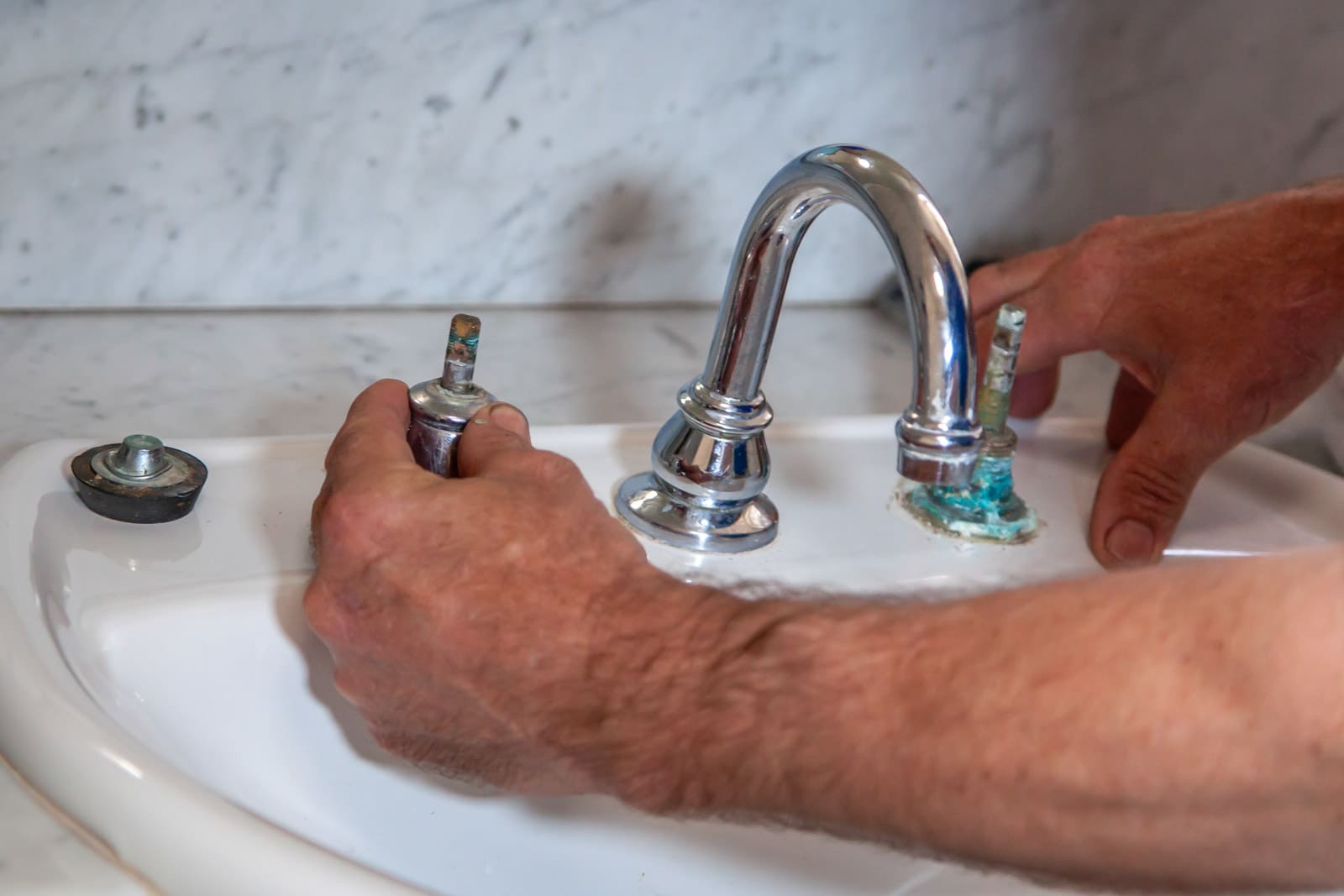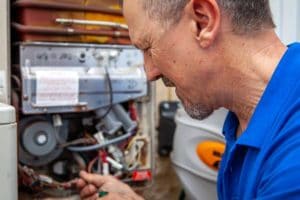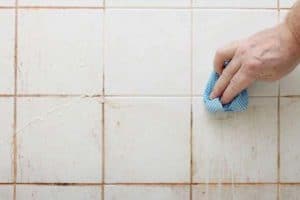Common Plumbing Problems
There’s nothing more frustrating than a blocked shower drain or a toilet that constantly leaks. Sometimes you can easily fix these issues yourself, and other times you’ll need a professional plumber to help you out. Here’s a list of some of the most common plumbing problems and how to solve them.
Why does my toilet keep running?
On top of being noisy and downright annoying, a leaking toilet is a complete waste of water. If your toilet is running, there’s probably an issue with the flapper. When you flush, the flapper drains water from the tank into the bowl. In most cases with running toilets, the flapper is not closing on the flush valve or the seal around it is faulty. If the flapper isn’t closing, try jiggling the flush handle or flush button for a quick fix. Alternatively, if the seal is worn out, it will most likely need to be replaced by a plumber.
Why does my drain get blocked?
From time to time, you may find it takes longer for the water to go down the drain in either your kitchen or your bathroom. This is a pretty good indication that you have a blocked drain. Your kitchen plumbing can quickly and easily become clogged from food scraps and oils, while your bathroom pipes can become blocked by residue from hair and soap. Try treating your drains with a safe cleaner or a plunger. For stubborn blockages, feed a plumbing snake down into the drain to remove the clog. If either of these options fail to solve your problem, it will be best to call on a plumber.
Why is my water going cold?
There are a few reasons why you could be running out of hot water. It all depends on whether your hot water system is gas or electric. Electric water heaters usually have two elements, one at the top and one at the bottom. If the water in the tank is going cold, it’s likely that the lower element isn’t working properly and only the top part of the tank is being heated. On the other hand, if the top element also isn’t working you will have no hot water at all.
If you have a gas hot water system, the dip tube is the most common reason why you’ll run out of hot water. The dip tube is a pipe that directs the cold water to the bottom of the tank in order for the water to get heated. When the dip tube gets worn down it gets shorter, and the hot and cold water will mix, resulting in tepid water. A build-up of sediment can also lead to less hot water. It’s best to regularly maintain your hot water tank to extend the life span of the system and increase its efficiency. There are plumbers who specialise in hot water system maintenance who can help you with this.
Do I have a leak?
If you’ve noticed your water bill keeps going up each quarter, there may be a leak in your plumbing pipes. Leaks are often difficult to find as water can travel far from its original source. Start by looking over your walls and ceiling. If you see any water stains, chances are that you have a leaking pipe and you should call a plumber to ensure it doesn’t become a bigger problem.
Even if there is an absence of water stains, you are not necessarily in the clear. You could have a silent leak, also known as a hidden leak. These leaks often appear in toilets. To find out if you have a silent leak in your toilet, put food colouring in the toilet tank. Wait for approximately an hour (do not use the toilet). If you have colour in the bowl, you have a leak.
What uses the most water in my home?
It’s easy to assume that the shower or bath uses the most water in your home, but it’s actually the toilet the uses the most water, simply because it gets used more often. By maintaining your toilet and keeping it in good working order, you’ll be able to reduce your water usage and your water bill as well.
Is it safe to use drain cleaners?
Drain cleaners are incredibly toxic. If you have children or animals in the house, you want to be careful where you store your drain cleaners. Drain cleaners are extremely dangerous to handle and can cause more harm than good in your plumbing. The toxic chemicals can cause your pipes to disintegrate from the inside out, and when this happens the drain line will need to be replaced.
What causes low water pressure?
Low water pressure can present itself in many different ways. Obvious signs are water heads that are not giving off a strong enough spray or bathtubs that take forever to fill. Less obvious signs include dishwashers or washing machines that take longer than usual to finish their cycle.
Do you only have one fixture that is affected by low water pressure? In most instances, you can repair the fixture or the connected pipes to get rid of the problem. But if the water issues seem to be impacting your entire house, you may have a more complicated problem on your hands. By asking yourself these questions, you can start to narrow down the options and find a solution:
- Is the water meter valve fully open?
- Is the main house shutoff valve open?
- Is the pressure regulator failing?
- Do you have old steel water pipes?
The best thing to do with any plumbing problem is to act early. You can always try DIY solutions, but your best option is to always contact a plumber. You can call GA Perry for all of your plumbing and maintenance needs. We guarantee to be on time or the first hour of labour is free.




